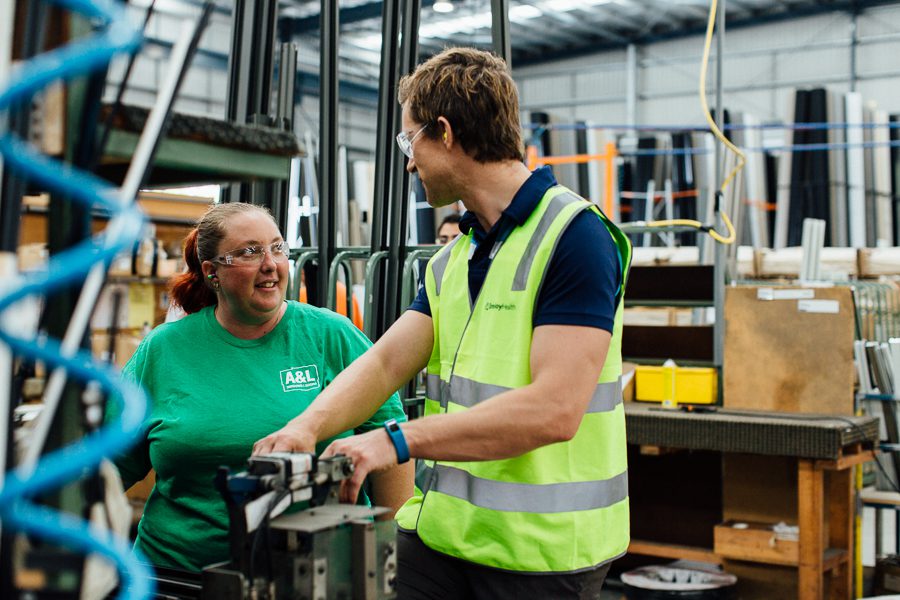Manual handling training is a process that involves workers directly, engaging them to help identify better approaches to physical work that will protect their bodies, as well as the safety of their colleagues.
What Is Manual Handling Training?
Manual Handling, also known as manual tasks, is any activity requiring effort to lift, move, push, pull, carry, hold or restrain any object, including a person or animal. Manual handling training gives workers the ability to identify risks for themselves.
Benefits Of Manual Handling Training For Your Team
Gain practical strategies to reduce their risk of injury, pain and soreness associated with performing manual tasks
Feel empowered to identify and suggest solutions to risks they identify within their workplace, and have the basic knowledge required to modify tasks or ask for assistance
Have improved body awareness, and the ability to recognise the link between their posture and body position and their pain or symptoms
Understand their legal obligations under WHS laws
What Does Manual Handling Training Involve?
Manual handling training will involve a 1 hour interactive presentation from the Employ Health team.
Why Employ Health?
We understand that our partners are looking for a proactive approach to reducing risk associated with manual tasks. Employ Health’s holistic approach does not just focus on manual handling theory and employee obligation. Rather employees are empowered to implement the theory and practical skills which has resulted in increased practical use and integration into the workplace.
Employ Health provides innovative, tailored manual handling training programs to suit workplace requirements, including:
- Training seminars / workshops
- Tool Box Talks
- Task specific on the job training
Depending on your specific workplace needs, Employ Health’s engaging programs can include:
- An interactive presentation covering employee obligations, manual handling theory, application and demonstration
- Practical components incorporating products and materials specific to your workplace
- Participant handbooks including warm-up and stretching handouts
- Task and job specific assessments
- Completion certificates for each employee
- Training competency register for recording completion and accreditation
Frequently Asked Questions
Manual handling training gives employees the skills to safely undertake manual handling tasks, reducing their risk of injury. Appropriate training empowers participants to ensure they are working safely, comfortably and productively at work.
The law imposes a general duty to make your workplace safe, as well as specific duties in relation to hazards such as manual handling. Employers must identify any tasks that involve hazardous manual handling. If these tasks pose a risk of injury, they must eliminate the risk.
Professional guidelines both recommend that all health and safety training should be refreshed at least annually.
Employ Health recommends yearly training / refreshers to ensure workers are fully skilled.
Manual Handling Training sessions typically take one hour.
